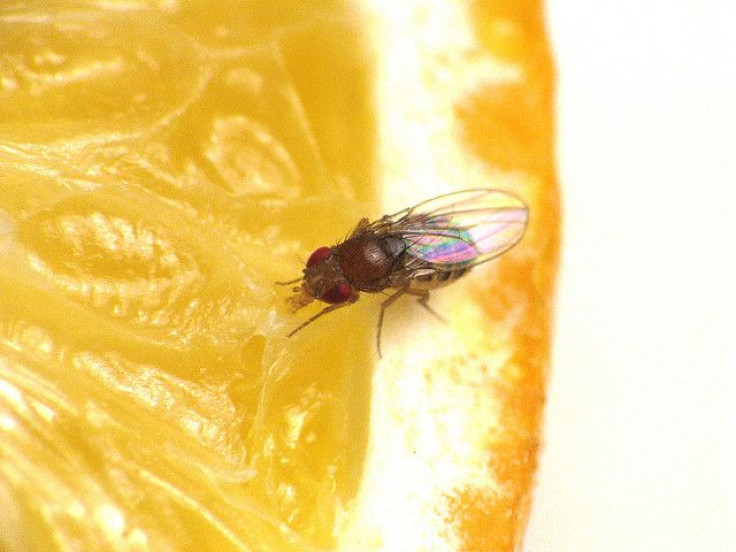Fruit Fly Research to Inspire Drugs for Diabetes, Weight Loss

New research conducted on fruit flies promises a kind of drug that can fight diabetes and help people lose weight without exercising.
Researchers studied how fruit flies (Drosophila) react to starvation. They found that fruit flies get hyperactive when food is unavailable. The hyperactivity occurs because an enzyme known as AMP-activated kinase stimulates the secretion of a hormone called adipokinetic hormone. This hormone tells the body to use its stored energy.
When this enzyme is stopped, the fly doesn't show any hyperactivity even if it is starved.
Researchers hypothesize that the equivalent of the adipokinetic hormone, called glucagon, is present in humans and can be used to get the body release its stored energy. They say that a drug that directs glucagon to tell the body to release glucose in the blood can help diabetics manage blood-sugar levels without the need of insulin.
Researchers say that the body can be tricked into thinking that it is exercising by activating AMP-activated kinase.
"Exercise stimulates AMP-activated kinase, so manipulation of this molecule may lead to getting the benefits of exercise without exercising," said Erik Johnson, an associate professor of biology at Wake Forest University and lead investigator of the study.
Researchers say that the present study can be applied to humans because humans and the tiny fruit flies share many genes.
"Since fruit flies and humans share 30 percent of the same genes and our brains are essentially wired the same way, it suggests that this discovery could inform metabolic research in general and diabetes research specifically. The basic biophysical, biochemical makeup is the same," said Johnson.
Despite our genetic similarities, Johnson says that the fruit flies have about 100,000 neurons compared to about 11 billion in humans.
The study is available online in the journal Genetics.



























